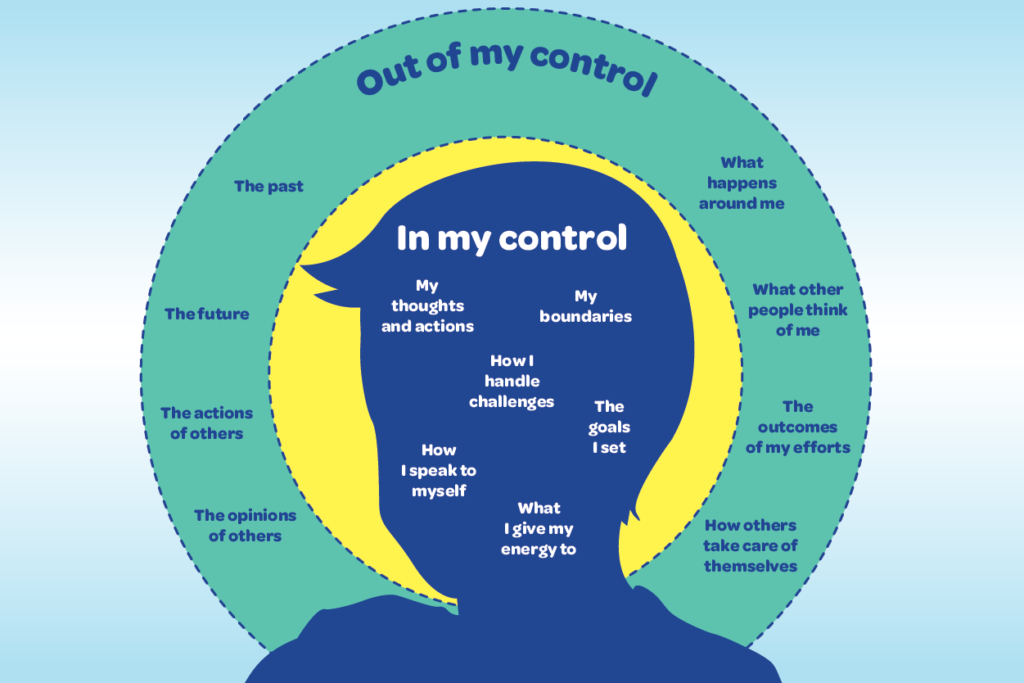We probably don’t need to tell you that stress is a serious issue! Chat with nearly any teacher, and they’ll tell you that, despite the good aspects of their jobs, there is quite a list of stressors and things that can take a toll on their wellbeing and mental health.
Educator stress is such a common area of concern that researchers have designed an internationally used survey to try to understand and improve it, called the Teacher Subjective Wellbeing Questionnaire (TSWQ).
There are two main ways to examine teacher stress: the positive and the negative (von der Embse et al. 2015). On the negative side, we can measure for things like
- Prevalence of challenging emotions (anxiety, tension, irritability, frustration, etc.)
- Low job satisfaction
- Burnout and leaving the profession
- Diminished student/teacher relationships
On the positive side, however, we can measure with a strengths-based approach to better understand what supports teachers feeling good and functioning well in their jobs, like
- Feelings of pride and self-efficacy
- Being satisfied with their job
- Enthusiasm
- Motivation
- Pleasant emotions (gratitude, happiness, patience, compassion)
- Healthy classroom relationships
So, what steps can you take to form some small, free habits that can shift the scale more in the direction of the positive and mitigate the negative? Here are some ideas from real teachers and the research:
1. Start Your Day with a Positive Ritual
A ritual needn’t be fancy or take a long time. Just five minutes in the morning to listen to a mindfulness practice (like from the Pause Breathe Smile app!), some deep breathing, jotting down 5 things you’re thankful for in a gratitude journal, or a short walk without your phone can carve out time to reset, centre, and prepare for the day ahead.
2. Embrace “Good Enough” Teaching
Perfection isn’t the goal—focus on progress, not flawlessness. This might look like relying more heavily on a lesson plan from last year or online, asking for help from a colleague, or reminding yourself that your ‘best’ might look different from one day to the next. After all, you’re a human being, not a machine.
3. Find a compassionate listening friend, but don’t (just) vent
Talk to someone who understands—sharing helps lighten the load. But importantly, recent research shows that venting can sometimes actually worsen that red zone feeling. So sharing something that upset you with a compassionate listener can help, but be careful not to get caught in rumination (cycling through the story over and over again). The study, done at Ohio State University, found that effective arousal-reducing activities included slow-flow yoga, mindfulness, progressive muscle relaxation, diaphragmatic breathing, and taking a timeout.

4. Detach Emotionally from What’s Beyond Your Control
Remind yourself regularly that you can’t fix everything—there are many things beyond your locus of control. The key is to focus on what you can influence and let go of the rest.
5. Celebrate Small Wins Daily
There are major milestones and stressful tasks that must be completed each school year, but do you remember to take the time to acknowledge the smaller wins each day and week? Doing so is a kind action. It helps us notice and grow our green zone experiences. Take a pause for a second to reflect on a student’s progress, a lesson that went well, or a moment of joy.
References
Kjaervik, S. L., Bushman, B. J. A meta-analytic review of anger management activities that increase or decrease arousal: What fuels or douses rage? Clinical Psychology Review, Vol 109, 2024, https://doi.org/10.1016/j.cpr.2024.102414.
von der Embse, N. P., Kilgus, S. P., Solomon, H. J., Bowler, M., & Curtiss, C. (2015). Initial development and factor structure of the educator test stress inventory. Journal of Psychoeducational Assessment, 33(3), 223–237. doi:10.1177/0734282914548329
